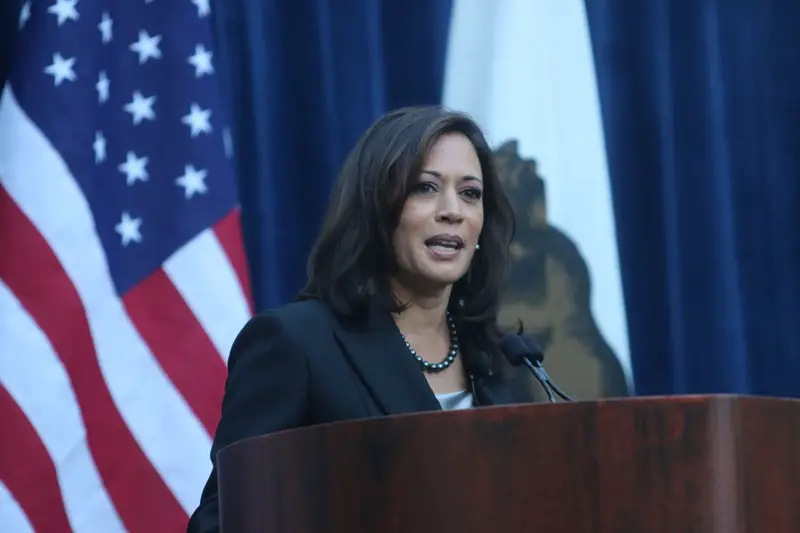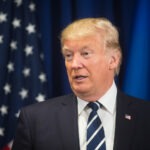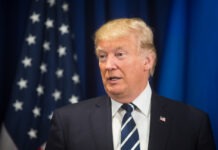Following an MSNBC interview on Wednesday, September 25, Vice President Kamala Harris found herself in the crosshairs of social media criticism. The trigger was her repeated use of the term “holistic” during a discussion about housing policy, which drew the ire of both political analysts and viewers.
During the interview conducted by Stephanie Ruhle, Harris explained her strategy for addressing housing and transit issues with a broader perspective. “Some of the work is going to be through what we do in terms of giving benefits and assistance to state and local governments around transit dollars and looking holistically at the connection between that and housing,” Harris stated. She further added, “And looking holistically at the incentives we in the federal government can create for local and state governments to actually engage in planning in a holistic manner that includes prioritizing affordable housing for working people.”
The frequent use of “holistic” in her speech quickly caught the attention of critics. Conservative analyst Clay Travis highlighted on social media how the Vice President had latched onto the term and used it repeatedly within a short time frame.
The Trump War Room account seized the opportunity to jab at Harris, suggesting that the Vice President had just discovered the term “holistically.” This humorous remark was just one of several that proliferated across various social media platforms, with some commentators likening Harris’ use of the term to a “word salad”.
Despite the criticism, Harris defended her approach, maintaining that a “holistic” perspective was key to addressing intertwined issues such as housing, transportation, and the economy. However, political observers were quick to point out that the Vice President’s responses during the interview were broad and somewhat evasive, lacking concrete solutions.
The New York Times also noted the lack of specificity in Harris’ responses, particularly in relation to voter concerns about the economy. When asked why voters still trust Donald Trump to handle the economy, Harris sidestepped the question and instead criticized Trump’s record on jobs and manufacturing.
Supporters of Harris, however, contend that the criticism surrounding her interview is unwarranted. They argue that politicians frequently resort to generalizations during interviews and that Harris’ repeated use of “holistic” indicates a sincere intention to address systemic issues comprehensively.
Yet, some viewers expressed frustration at what they perceived as Harris’ reluctance to engage with more challenging questions. Stephanie Ruhle, who hosted the interview, has also faced criticism for her perceived lenient approach, which allowed Harris to avoid direct questions about her policies.
For instance, when pressed about the future of the U.S. Senate and the possibility of executing her proposed policies without a Democratic majority, Harris refrained from going into detail. Instead, she reiterated her stance on corporate taxation, insisting that the wealthiest corporations and billionaires should pay their fair share.
The interview was Harris’ first significant solo appearance since she stepped in as the Democratic presidential nominee following President Biden’s withdrawal. It provided fresh ammunition for her critics, emphasizing what some perceive as her struggle to connect with voters through clear and concise communication. However, it should be noted that Harris has only conducted a few high-profile interviews since Biden’s departure, primarily with local or specialized media outlets.
As the election approaches, the Vice President’s media strategy remains a topic of debate. While some argue that her preference for “friendly” interviewers allows her to control the narrative, others believe it hinders her from tackling tough questions that could influence undecided voters.











